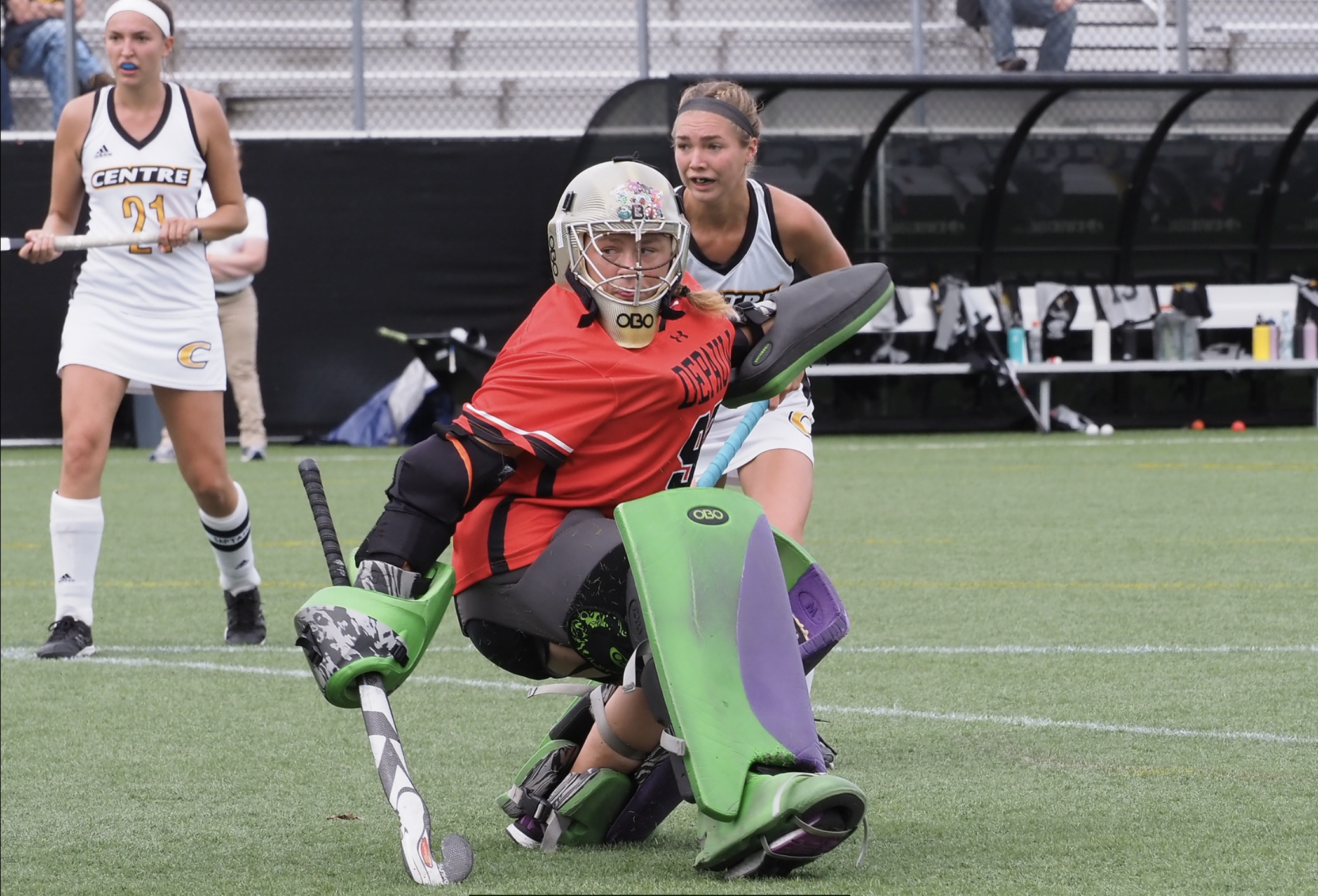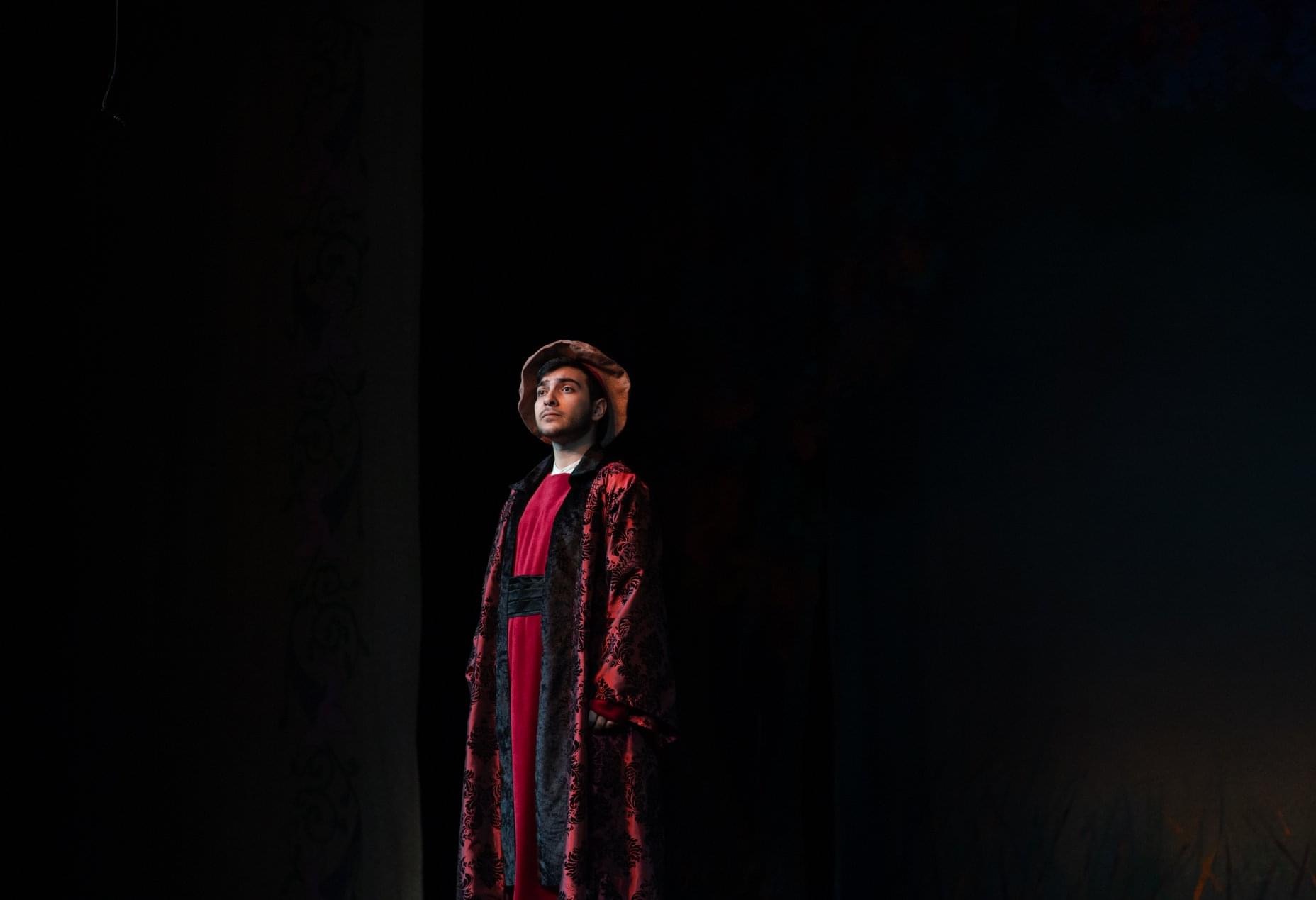
When the world initially shut down in March, not too much changed for then high school senior Ari Poland.
For high school, Poland was enrolled in a home school program, so taking classes virtually was normal. She was used to making her bed, the kitchen table, the couch, and even the backyard into a classroom.
So Poland is used to adapting.
Home for Poland is with the family of her mother’s childhood friend, who she refers to as her aunt, in a house with eight other people in Burkesville, Kentucky.
Her mother, Amanda Poland, had moved into a nursing home in December 2019 after she was diagnosed with a neurological condition which rendered her paralyzed, in addition to crohn's disease, which she was already living with.
While Poland’s life didn’t see an immediate change, the rise in COVID-19 cases meant no visitors for her mom.
Still, both parties did whatever they could to keep themselves safe.
In May, as school was finishing up, Poland set out with her aunt to snap some senior pictures, sending some of the best shots off to her mom in a text. But no reply came.
“Usually, if it had anything to do with me, she would have responded really quickly,” Poland said.
After a call to the nursing home, the family found out that Amanda had COVID-19.
She was most likely exposed to the virus on her most recent trip to receive transfusions for her crohn’s disease. After she started presenting symptoms of confusion and exhaustion, it “only took three or four days for them to realize that she was not going to be okay.”
Because of COVID-19 restriction, Poland said her goodbyes over Google Meet. She was joined on the four-hour long call by her mother’s siblings.
“I did get some ’alone’ time on the Google Meet,” Poland said. “The nurse stepped back and people left the call so that I could have some privacy in what I had to say.”
It was something, but it wasn’t the ending she wanted.
Amanda died a few days later—during the week of what would have been Poland’s high school graduation.
“I wish people realized how quickly it happens,” Poland said.
There were only 10 days between the last time Amanda left the nursing home for transfusions and her death.
COVID took from Poland what no person should have to endure - saying goodbye to a loved one.
But across the country, the losses have mounted.
A Change in Employment
Since March, more than 200,000 people have died due to COVID-19 in the U.S. As people around the country took precautions and entered lockdowns, businesses suffered, and some 22 million jobs were lost by April.
One third of summer internships commonly held by college students were canceled due to COVID-19, according to a survey by Yello.
DePauw junior Allie Duranceau was among the third whose summer opportunities were cancelled.

Duranceau, a New Hampshire native, had big plans for the summer. She was supposed to be the master carpenter and one of the main set designers at Opera in the Ozarks.
“It’s bittersweet. I was getting ready to buy my tickets at the end of the [school] year… however, COVID took a toll,” Duranceau said.
The program, which brings all ages together from all over the country to work and perform in a small town in Arkansas, didn’t think it was a good idea to proceed with their summer schedule due to the risks.
“They’ve offered me the position to go again next year, if COVID is better, of course,” Duranceau said. “I’ve just been working here part time at my normal job, but it doesn’t really give me as much experience as I would want in the field that I’m looking for.”
A Dream Deferred
Italy was the first European country to announce nationwide travel limits in an effort to reduce the spread of COVID-19. The country, an early hotspot for the virus, is also home to the Trasimeno Archaeological Field School where junior Solomon Alhakeem had planned to spend the summer taking courses.
Alhakeem was even awarded the prestigious Gilman Scholarship to help offset the costs of the program.
The vocal performance major was hoping to use the credits from the program towards a second major in archaeology—something that’s tricky due to it being an independent major at DePauw. Alhakeem would need to piece together the coursework, which he was on his way to doing before COVID-19 restrictions changed his plans.

“In our music history textbooks, we hear about the Greeks and their music and how that kind of led into Western music, but we don’t really get to hear about ancient Near Eastern music and the Phoenicians and maybe how they influenced Greek music,” Alhakeem said.
He has been interested in archaeology since he was a little boy. His parents used to take him to ancient archaeological sites in Syria where they lived before the war.
“I’ve always been fascinated by the site of Ugarit in Syria,” Alhakeem said. “It’s a Phoenician site, and that’s where they believe they have discovered the earliest alphabet and also the earliest notated piece of music.”
Alhakeem says that’s where his passion comes from: he wants to trace how music developed from this early piece.
While Alhakeem has deferred the school and his scholarship for a year, he’s worried things might not be back to normal by then. Plus, he had planned to go to Syria to do research before his senior year—research on Ugarit.
“I’m nervous to some extent, but, you know, being anxious all the time is going to do nothing but hurt you,” Alhakeem said.
A Senior Year Cut Short
People have lost their routines: weekly trips to the grocery, movies in theatres and casual coffees with friends. Many stopped gathering for worship, and holidays—even the celebrations of life and death. Schools went online, and travel pretty much shut down.
Loss of any kind, from the loss of life to the loss of routine, has a psychological impact, causing the loss of the sense of safety, predictability, control, freedom and security, according to the Mayo Clinic.
Taylor Fleming’s high school shut down the week of her birthday, with many senior events still on the calendar.
“My acapella group was getting ready to go to international semi-finals. My senior musical rehearsals were in full swing, and my family was gearing up to go on a spring break trip to Disney World,” Fleming, who is now a first-year at DePauw, said.
But then on March 13, they found out the local university which was scheduled to host their performance of Mary Poppins imposed new COVID-19 restrictions: no gatherings over 50 people.
Fleming said they made alternate plans for their alternate plans, but nothing panned out. The cast eventually recorded bits and pieces of the show for a video package, thinking at least that was something to show for their hard work.
For Fleming, the canceled show was especially hard. She wasn’t just set to play any old part—she was supposed to fly across the stage as Mary Poppins, the lead.

“There’s something every musical theatre kid sees as success for them; for some kids it was getting a solo for our acapella group, for some kids, it was getting in the top choir, but for me, it was that senior year lead role. That was what success was to me,” Fleming said.
She knew the restrictions were put in place to keep everyone safe, but it was still hard.
“I just remember being so angry at people who wouldn’t wear masks and blaming them almost for everything that was happening,” Fleming said.
Finding Silver Linings
According to the Mayo Clinic, grief can also have positive effects: “You might feel grateful for brave and caring people in your community. You might have an increased appreciation for your relationships and have a desire to help others who are experiencing similar losses.”
Part of the reason Ari Poland wants to share her mom’s story is to help others realize the very real impacts of the virus.
As Poland approaches the six-month anniversary of her mom’s death, she’s leaning on DePauw’s counseling services for support.
“It hit me a lot harder than I imagined,” Poland said.
While she’s able to talk about whatever she feels like, she’s also choosing to remember what she loved about her mom.
For Poland, it was the effort her mom made to take an interest in her interests. She said her mom loved to watch shows with her. They watched everything from “Hairspray” to “American Horror Story” together. Even when the two no longer lived together, Amanda still tried to keep up with Poland’s shows, sometimes finishing them before Poland could even get around to it.
“She was very sweet. She was there, and she called me every Sunday after I moved out,” Poland said.
While Duranceau misses her friends and can’t wait to get back to school in the spring, being home this fall has at least one upside: Thanksgiving with her family.
“I’m not as financially wealthy as some students. For Thanksgiving or spring break, if I wanted to go home, I’d have to pay my way,” Duranceau said. “I haven’t had Thanksgiving with my family in two years, which, again, not everyone gets to go home, but it’s still difficult.”
What is she most looking forward to? Watching A Charlie Brown Thanksgiving while baking desserts for her family.
Alhakeem might not have spent the summer in Italy, but the summer wasn’t a complete set-back. Alhakeem was able to land an ITAP internship where he was able to practice photogrammetry, a method of using 2D pictures to make 3D models, and an important skill for archaeologists.
Fleming thinks COVID-19 allowed her to find the friends she has on campus.
“I'm just glad I found that circle of friends that I have, and I wonder if I would have if more people had been on campus,” Fleming said.
A Hope For A Better Spring
Everyone interviewed said they planned to return to campus in the spring.
“I miss school, and I miss my friends,” Duranceau said. “My best friend lives in Kentucky. I haven’t seen her since March. I definitely want to go back.”
